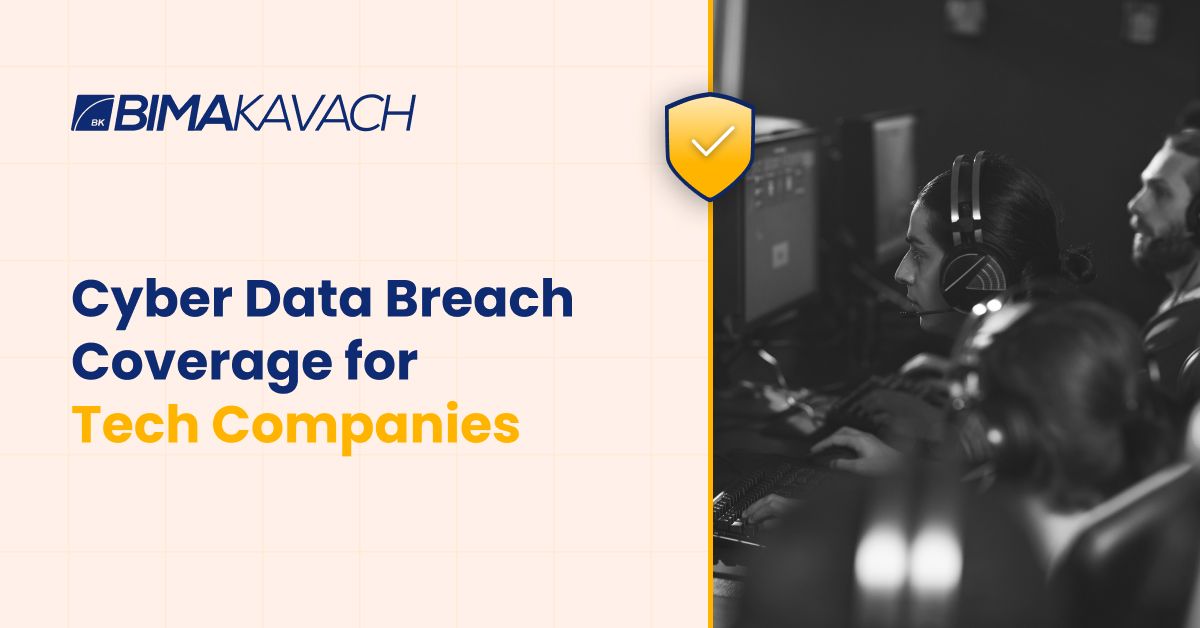The key focus of this blog is to empower you with insights, enabling a more profound understanding of the eminent risks your tech company may delve into, and how insurance policies can wrap you in a shield of protection. Let's dive into this, shunning the nerdy jargon, and making it simple and quick.
Errors and Omissions Coverage
Let's start with the foremost crucial insurance policy your tech company needs – Errors and Omissions Coverage. It ensures protection against unfortunate incidents arising from your advice or decision-making, affecting other businesses. This policy acts as a cushion when your services, such as app development, design work, marketing advice, or any other service, fail to deliver the promised results, leading to disgruntled customers or other businesses. More commonly known as professional liability coverage, this policy could be a lifesaver in situations that turn into an ugly court case due to these issues.
For instance, let's visualize an extreme scenario where your map application mistakenly sends a user off an unfinished bridge. The damages may be formidable. They are where Errors and Omission coverage comes into the picture.
Also, this coverage extends to subcontractors under your company's employ. So, remember, Errors and Omissions coverage is an indispensable requirement for your tech company, serving as the first line of defense when things go south.

Cyber Data Breach Coverage
In today's digital age, Cyber Data Breach Coverage is your armor against potential cyber-attacks. This policy kicks in if your data is breached and, along with causing you damage, affects other businesses as well.
The coverage looks after two primary things:
1. Damage to you: This refers to any harm caused to your system or hardware. For example, if a cyber-attack locks you out of your system, corrupts, steals, or loses your data files, disables your business operations, or tarnishes your reputation, cyber data breach coverage comes to the rescue.
2. Damage to others: This aspect covers breaches hurting other parties. For instance, if your database containing personal user information gets hacked, leading to identity thefts for these users, the policy helps cover the costs of helping everyone recover their identities.
It's essential to know that even if your payment gateways or data collection is assigned to third-party vendors, you're not completely immune from being tangled in a lawsuit. Cyber Data Breach Coverage can help you power through potential legal troubles.
Get Free Quote in Minutes
Directors and Officers Coverage
Operating with a board? Directors and Officers (D&O) coverage should be a staple in your insurance arsenal. It acts as a safeguard for board members against mishaps occurring from the board's decisions. Misrepresentations, asset sales at significantly reduced rates, or inactions leading to losses, all fall under this insurance policy's purview. The importance of D&O coverage cannot be overstated. It not only protects the business but also insulates the personal wealth of board members in case of litigation. Thus, it becomes an essential offering to attract high-quality individuals onto the board.
Common Business Coverages
Beyond these specific insurance policies, certain common business coverage types should exist in your corporate armor.
1. General Liability: This protects against any physical harm caused to other people due to your business operations.
2. Property Coverage: This policy is for the safety of your biz possessions – your furniture, computers, other office equipment - and even the office building itself, depending upon whether you have the ownership or lease agreement.
3. Workers Compensation Coverage: Safeguard for your employees in case of workplace injuries.
4. Commercial Auto Coverage: If your business owns vehicles, this policy should be on your checklist.
Mistakes to Avoid
One common misunderstanding is that General Liability Coverage is a magic umbrella, covering all your professional and cyber activities. This is a grave misconception. General Liability is essentially for on-premises physical injuries. Depending too much on General Liability for an all-around cover may leave you vulnerable. We hope this blog post helps you understand tech insurance better, thereby lowering your chances of potential risks.

